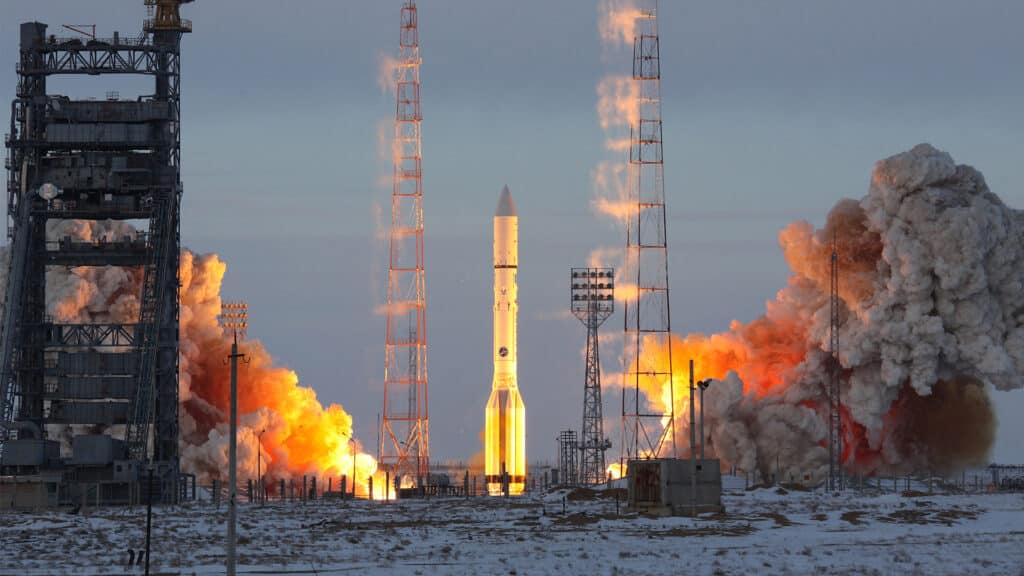Kazakhstan to allocate millions of dollars for development of Baiterek space rocket complex

Prime Minister of Kazakhstan Olzhas Bektenov has revealed the status of the Baiterek space rocket complex project, which is being implemented at the Baikonur Cosmodrome.
The project is being developed based on the Zenit-M complex infrastructure. This facility has been under Kazakhstan’s control since 2018, when Russia stopped leasing it.
The Baiterek space rocket complex is a joint project of Russia and Kazakhstan, with Kazakhstan investing approximately $121 million from the state budget between 2025 and 2027. Notably, in 2024, investments totaled around $28 million.
The Roscosmos-affiliated Center for Ground-Based Space Infrastructure Facilities Operation is the primary developer of the project. The enterprise is currently working on operational and construction documentation, as well as manufacturing the necessary equipment.
Last September, the first batch of tested equipment was delivered to the cosmodrome. Furthermore, from Nov. 25 to Dec. 8, a delegation of Kazakhstani officials attended production facilities in Russia to inspect the manufacturing process.
«Following the inspection, it was confirmed that the actual volume of work completed met the conditions of the Baiterek space rocket complex construction contract,» Bektenov said in response to an MP’s inquiry about the project.
The site is currently guarded by a private security company called Sheriff-N, although Kazakhstan is ready to deploy its National Guard to the site if both sides agree on the change.
In June 2024, authorities reported that the project would be completed in 2028, with the first test flights planned this year. Once the complex reaches full capacity, it will be able to launch six to eight Soyuz-5 carrier rockets annually.
The KazSat-3 satellite replacement
Kazakhstan also plans to replace the KazSat-3 satellite. The country’s government has already reviewed proposals from several European and Asian manufacturers. Based on this data, an investment offer has been prepared and is currently undergoing economic assessment.
The estimated cost of the new satellite exceeds $167 million. Over $76 million is expected to be allocated from the state budget, while approximately $90 million is anticipated to come from the Republican Center for Space Communication.
«This amount is considered reasonable in terms of the project’s investment attractiveness and cost-effectiveness, given the demand for satellite channels and broadcasting,» Bektenov said.

